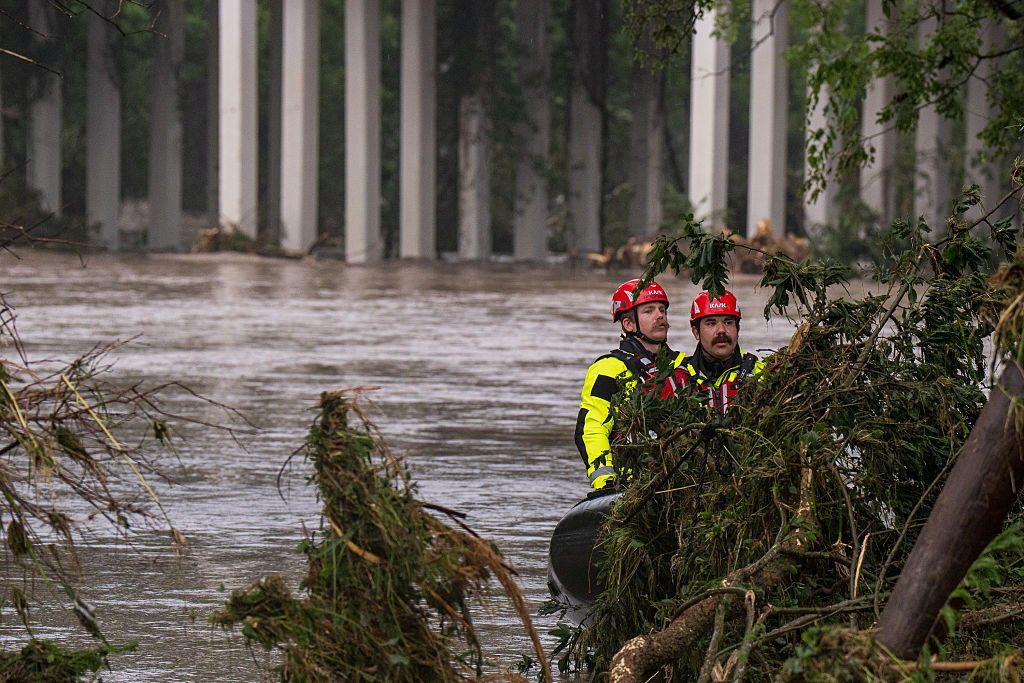Conspiracy theories and extremism reportedly thrive on Instagram
As social media platforms like Facebook, YouTube and Twitter face intense criticism for the spread of fake news, Instagram has quietly become a new breeding ground for disinformation and extremist views, according to a new report in The Atlantic.
"Anyone is susceptible to these views. The majority of these audiences are actually targeted towards younger users," Taylor Lorenz, a staff writer who covers technology for The Atlantic, said on CBSN Monday.
Facebook, YouTube and Twitter are not where young people go to socialize, Lorenz reported. Instagram, which is owned by Facebook, is.
Eighty-five percent of teens reported using Instagram at least once a month, according to a survey of 8,600 teens across 48 U.S. states conducted by investment bank Piper Jaffray, making Instagram the most-used social platform. Eighty-four percent preferred Snapchat, 47 percent used Twitter and 36 percent of teens used Facebook on a monthly basis.
Lorenz said she set up some 30 Instagram accounts, mimicked the behavior of typical users and found out just how easy it is for teenagers to fall down a conspiracy theory rabbit hole on the platform.
"I followed a couple mainstream conservative meme pages and was immediately recommended to really radical accounts that were publishing very fake news — conspiracies, saying the New Zealand shooting was a hoax — a lot of other really terrible stuff," Lorenz said Monday.
Instagram is "teeming with these conspiracy theories, viral misinformation, and extremist memes, all daisy-chained together via a network of accounts with incredible algorithmic reach and millions of collective followers," Lorenz reported.
"They are oriented towards young users who really use Instagram as a portal to discover news and information about the world," she said on CBSN.
Instagram and its parent company, Facebook, "continue to study trends in organized hate and hate speech and work with partners to better understand hate organizations as they evolve." an Instagram spokesperson told The Atlantic in a statement.
"We ban these organizations and individuals from Instagram and also remove all praise and support when we become aware of it," the statement continued. "We will continue to review content, accounts, and people that violate our policies and take action against hate speech and hate organizations to help keep our community safe."
While Facebook, YouTube and Twitter have been criticized for allowing white supremacy and other extremist ideologies to spread, Lorenz said Instagram has largely escaped scrutiny.
But Lorenz said social media companies are still not doing nearly enough to stop the spread of disinformation.
"We've seen that without media pressure and public backlash that they won't do anything," Lorenz said. Facebook announced March 7 that it was cracking down on anti-vaccination content and Lorenz said that since then "nothing's been done."



